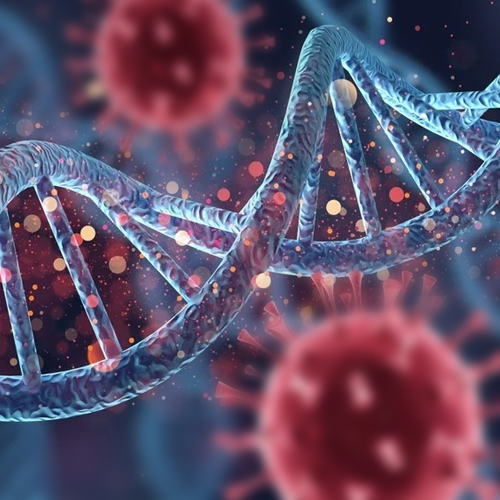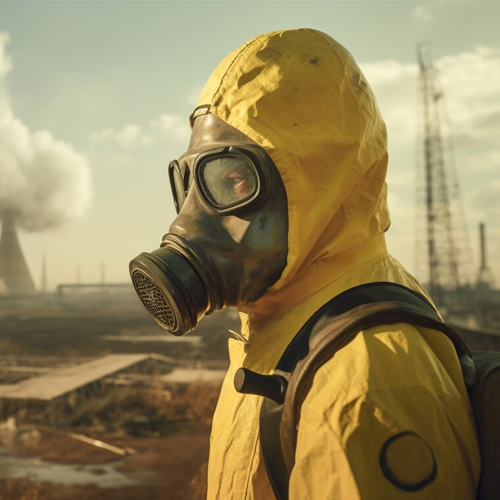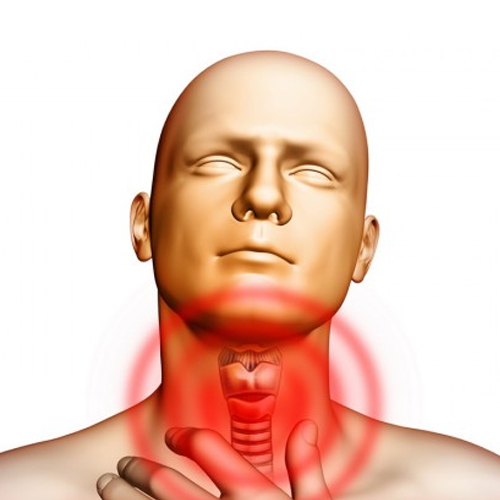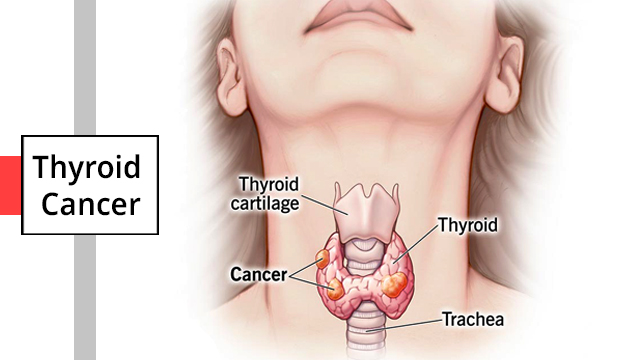Causes of Thyroid Cancer
While the exact cause of thyroid cancer is not always clear, several factors contribute to its development. They include:

Genetic Factors
Some individuals may have genetic mutations or a family history of thyroid cancer, which can increase their risk of developing the disease. Certain genetic syndromes, such as familial adenomatous polyposis (FAP) and multiple endocrine neoplasia (MEN), are associated with an elevated risk of thyroid cancer.

Exposure to Radiation
Radiation exposure, particularly during childhood or adolescence, has been linked to an increased risk of thyroid cancer. This includes exposure to radiation from medical treatments (such as radiation therapy for head and neck cancers) or environmental sources (such as nuclear accidents or fallout).

Gender and Age
Thyroid cancer is more common in women than men, and the risk increases with age. The peak incidence occurs between the ages of 30 and 60, although it can occur at any age.

Iodine Deficiency or Excess
Iodine is essential for thyroid hormone production, and both deficiency and excess of iodine have been implicated in the development of thyroid cancer. However, the relationship between iodine and thyroid cancer risk is complex and varies depending on factors such as geographical location and dietary habits.

Prevention and Early Detection
The treatment of thyroid cancer depends on several factors, including the type and stage of the disease, the patient’s age and overall health, and individual preferences. Treatment options for thyroid cancer may include:
Surgery
Surgery is often the primary treatment for thyroid cancer and may involve removing part of the thyroid gland (lobectomy or thyroidectomy) or the entire gland (total thyroidectomy). Lymph nodes in the neck may also be removed if they contain cancerous cells.Radioactive Iodine Therapy
Radioactive iodine therapy may be recommended after surgery to destroy any remaining thyroid tissue or cancer cells. This treatment is particularly effective for certain types of thyroid cancer, such as papillary and follicular thyroid cancer.Thyroid Hormone Replacement Therapy
After thyroid surgery, patients may need to take synthetic thyroid hormone medication (levothyroxine) to replace the hormones normally produced by the thyroid gland and maintain thyroid hormone levels in the body.External Beam Radiation Therapy
External beam radiation therapy may be used in some cases to treat thyroid cancer that has spread to nearby tissues or lymph nodes or to relieve symptoms in advanced cases.Targeted Therapy and Immunotherapy
For advanced or metastatic thyroid cancer that does not respond to standard treatments, targeted therapy drugs or immunotherapy may be recommended to target specific molecular pathways involved in cancer growth and spread.Clinical Trials
Patients with advanced or recurrent thyroid cancer may be eligible to participate in clinical trials evaluating new treatments or combination therapies.Conclusion
It is important to note that while these strategies may help reduce the risk of Thyroid cancer, they are not a guarantee, and Concerned person should still talk to their doctor about their individual risk factors and appropriate screening and prevention strategies.
If you have any of these cancer symptoms, take Ayurveda treatment, and it will help reduce the cause of the disease and help you come out of cancer. For this, consider the Best cancer hospital in Hyderabad Punarjan Clinic.
Disclaimer
This information on this article is not intended to be a substitute for professional medical advice, diagnosis or treatment. All content in this site contained through this Web site is for general information purposes only.

Book An Appointment
Please reach out to us to schedule your appointment. Your well-being is our priority.

